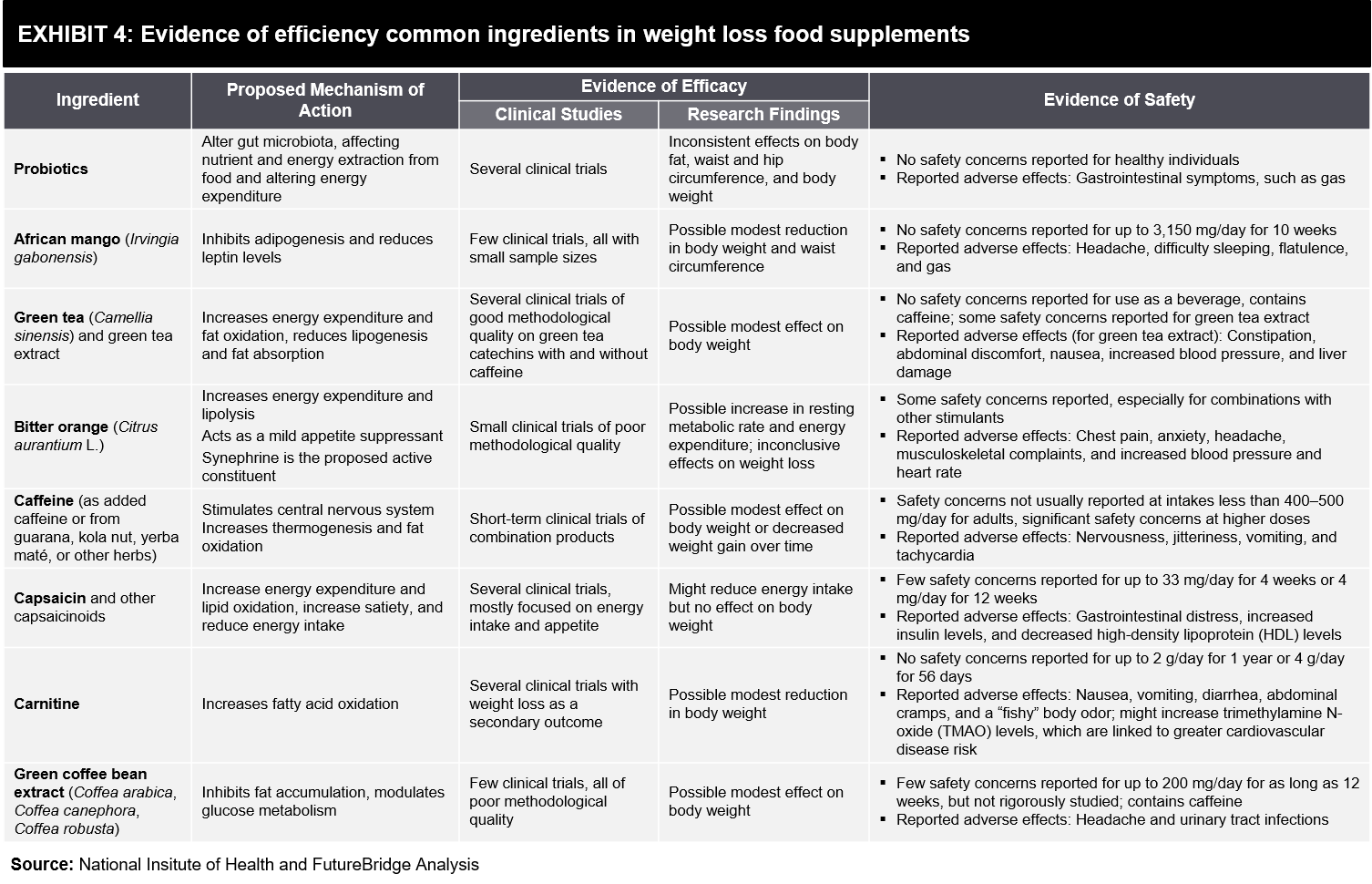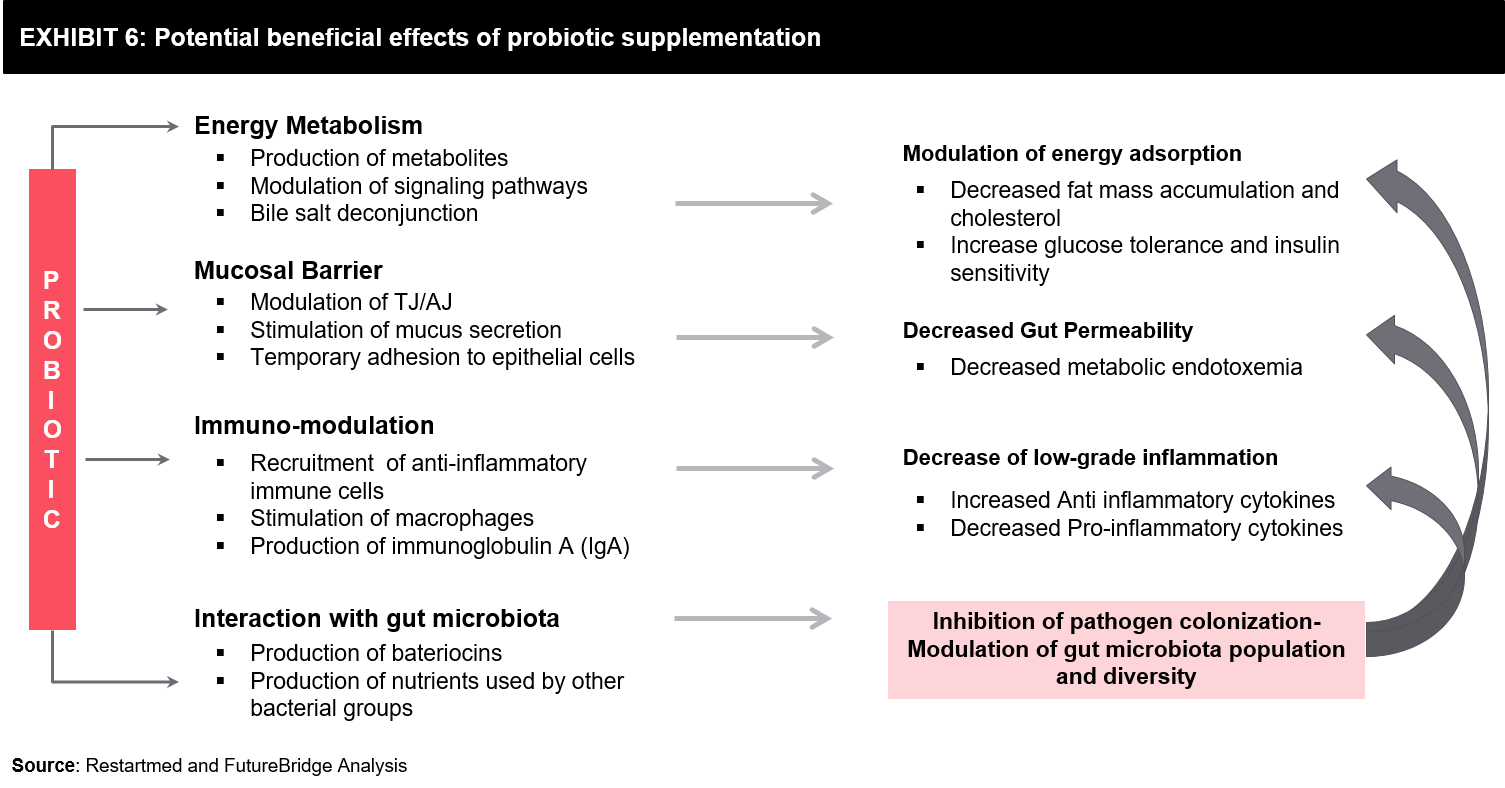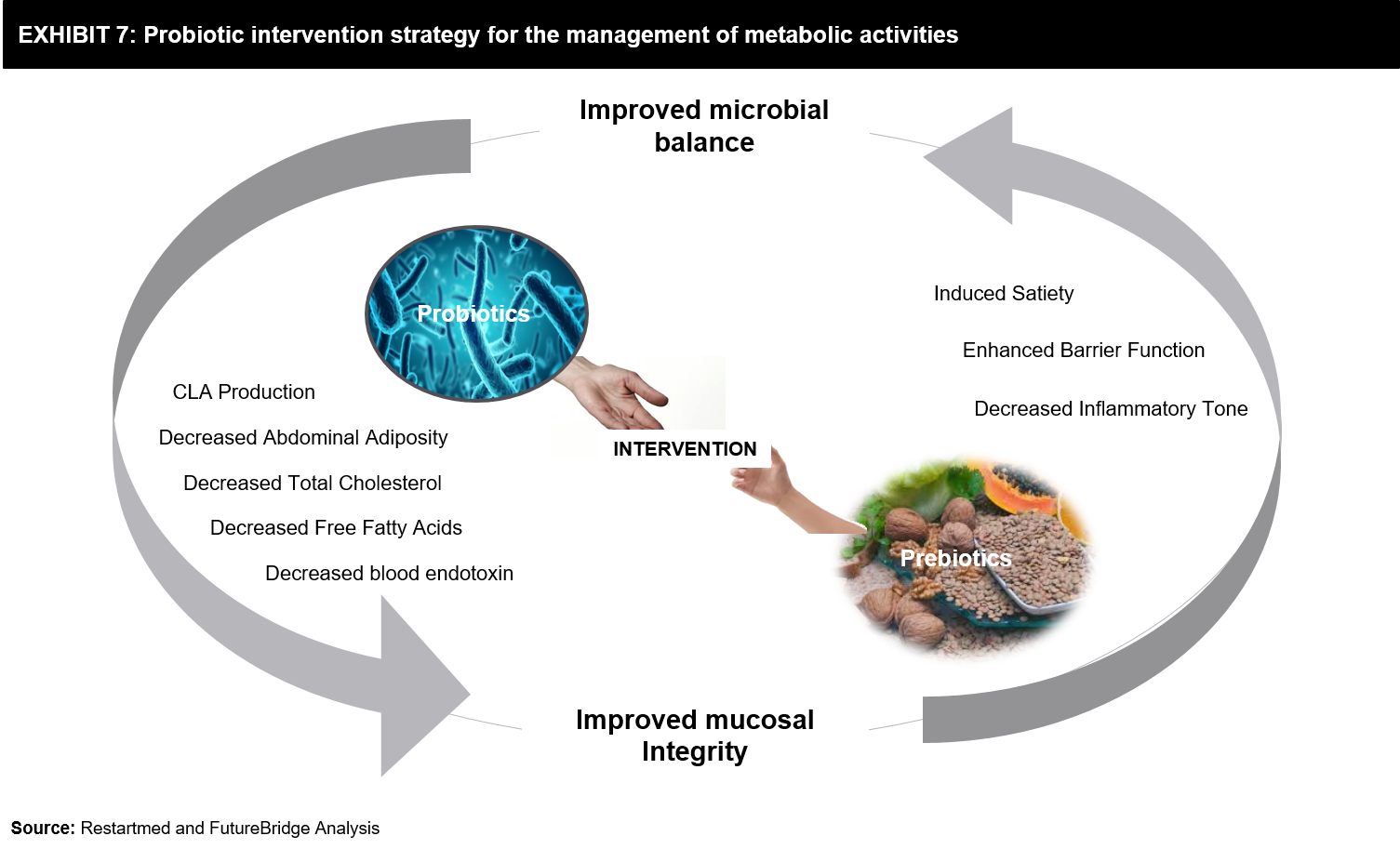Introduction to weight loss supplements
A. Need for weight management
World Health Organization (WHO) statistics (2016) states that globally 13% of the adults aged 18 years and older were obese, while 39% of adults were overweight. The factors attributing to the increase in the obesity rate include:
- Physical inactivity due to the increasingly sedentary nature of work
- Changing modes of transportation
- Increasing urbanization
- Increasing the intake of energy-dense foods that are high in fat and sugars
Additionally, the sudden outbreaks of epidemics such as Ebola, SARS, coronavirus, etc. can have an indirect effect on weight management. Due to limited consumer physical activities resulting from sudden lockdowns, the rate of increase in obesity rises sharply.
The factors that significantly add to obesity and overweight problems during such outbreaks can include:
- Extended local lockdown and work-from-home situations, resulting in complete physical inactivity
- Stocking of processed food products
- Reduced number of medical interventions like surgeries for weight management
- Closure/limited access to public places in several countries that include gyms, swimming pools, etc. have reduced the frequency of exercise among the different segment of the population
So, post-outbreaks, the demand for weight loss products, are predicted to grow in leaps and bounds.
B. Food Supplements & Weight Management
Food/dietary supplements for weight loss programs are available in a wide range of formats that include capsules, tablets, drinks, powders, and snack bars. These products comprise a myriad of functional ingredients, depicted in Exhibit 1, that meet the nutrient need of a body without additional consumption of fats/carbohydrates resulting in weight loss.
Food supplements to accelerate the weight loss process are available in the market with various functional claims such as the reduction in macronutrient absorption, appetite, body fat, and weight. Other functional claims for weight loss supplements are increasing metabolism and thermogenesis. 
However, to back up the functional and positional claims of the weight-loss products, it becomes imperative to understand and identify the efficacy of the functional ingredients that have been used in the products.
Additionally, these products can interfere with ongoing medications of specific consumer categories, and so the target population is advised to seek guidance from the healthcare professionals along with their nutritionists and dieticians. Garcinia cambogia, for example, aids in weight loss by increasing the serotonin levels in the brain, which improves the feeling of satiety. However, when Garcinia cambogia is combined with SSRIs (Selective serotonin reuptake inhibitors), it may result in a condition known as serotonin syndrome, which results in heart problems, anxiety, excessive sweating, and tremors. Some antidepressants that interact with Garcinia include Imipramine, Amitryptiline, and Clomipramine.
The functional ingredients that are well-known and used in different food supplements to promote weight loss are protein sources, dietary fibers, traditional herbs & botanicals, caffeine, minerals, and probiotics, among others.
C. Trends in the Supplements Segment
Industrial innovations are driven by consumer demands and trends
With the advancement of connectivity and internet access, there has been an exploratory increase in awareness among consumers regarding new technologies and solutions in the market. Health-conscious consumers now demand a complete package for weight management that includes weight loss supplements as well as technologies that can help them track their progress and the effect of supplements.
Exhibit 2 demonstrates the aspects of innovations that are currently under pursuit by the industrial players depending on the consumer demands and the needs of different target consumer groups for weight management.
Industry Trends
Food/dietary supplements, including weight loss products, differ from over-the-counter (OTC) or prescription medications (Rx). The supplements are regulated by the U.S. Food and Drug Administration (FDA) and are not classified as drugs, so these products do not require a pre-market review or FDA approval.
Other industry trends observed for the weight management segment are depicted in Exhibit 3.
How active are functional ingredients in weight loss products?
Weight loss supplements are perceived to comprise functional ingredients that aid in accelerating the body’s metabolism or reducing the amount of calorie absorption in the body. However, there is limited scientific and clinical evidence on the functionality of ingredients, and additional research is required to understand the safety and efficacy of the ingredients. Additionally, there may be evidence for the function or effectiveness of a single ingredient; however, the synergies between the blended ingredients in a single product need to be validated. Furthermore, the dosages of the active components for its effectiveness may vary for different weight loss products.
Exhibit 4 enlists the list of functional ingredients that are used in food supplements and were studied for evidence of safety and efficacy in weight loss.
Case Study on Amway’s Strategies to market weight loss products
Amway, an American multinational known for marketing health, offers a range of beauty and home care products.
Amway has an extensive portfolio of weight management products under its brands – Bodykey and Nutrilite that include daily vitamin and mineral nutrition, heart health, strong bones, and weight management. The products are offered in different formats, including powders, shakes, snack bars, etc. and the brands are accompanied by smartphone apps that provide a personalized assessment and act as a personal coach for weight management.
Exhibit 5 illustrates Amway’s strategies to market its weight management portfolio.
Probiotics – A crucial weight-loss ingredient
Role of Probiotics in Weight Loss
Obesity is linked to structural and functional changes in the gut microbiota. Certain bacteria allow energy harvest leading to obesity. Probiotics are live microorganisms ingested to improve intestinal conditions by creating a balance of microbial fauna in the gut; these microorganisms are often referred to as ‘good bacteria.’ Manipulating the gut microbiome has been proposed as a method to prevent or treat obesity in humans, and probiotics might provide a way to accomplish this by altering the hormones and food adsorption.
Probiotics are naturally present in yogurts and are also included in food supplements. Different genera of probiotics include Lactobacillus spp., Streptococcus spp., and Bifidobacterium spp., which all have widely varying effects in the body. Studies have shown changes in the bacterial species in the gut interfere with metabolic activities.
For instance, an increase in the growth of Lactobacillus species such as Lactobacillus gasseri, Lactobacillus rhamnosus, and Bifidobacterium casei have been clinically shown to intervene in the metabolic functioning on the gut as highlighted in the Exhibit 6.
Probiotics act as a complementary treatment, which aids in dietary changes, lifestyle changes, and other supplements to promote weight loss at multiple levels.
Exhibit 7 shows the effects of probiotic supplementation against metabolic disorders.
Probiotics aid in providing the desired effect on the human body by modulating:
- consumed calories
- amount of energy expenditure
- systemic inflammation
The benefits of probiotics are extended when it is combined with a high-intensity workout and an altered food diet.
Reduction in caloric absorption and influence in food or nutrient breakdown is the first step that a bacterium takes in contributing to weight loss. The calories obtained from the consumed food relies on the concentration of certain bacteria present in the gut.
For instance, if a person ‘A’ consumes 100 calories of food and has a healthy microbiome from the intake of probiotics, only 70 calories are absorbed in the body compared to a person ‘B’ who consumes 100 calories and has a different microbiome developed due to the intake of processed foods, lack of consumption of fruits and vegetables. Person ‘B’ ends up absorbing 90 of the 100 calories. This person will end up gaining more weight compared to person ‘A’ who consumed probiotics as well. The results indicate that restoring the right type of bacteria in the gut may reduce the number of calories and energy that people generally consume without lowering the total amount of food that is consumed.
References
- Scientific Literature
- USDA
- National Health Institute
- World Health Organization
- Newsletter-1 on Herbal weight loss supplements
- Newsletter-2 Protein Trending as Functional Ingredient
- Indian Journal of Medical Microbiology
- Journal of Probiotics & Health
- Newsletters & Press Release
- Tweets and Social Media
- World Health Organization
- Center for Disease Control
- Company Websites
- Product Database – Mintel GNPD
- https://www.restartmed.com/probiotics-weight-loss/
Need a thought partner?
Share your focus area or question to engage with our Analysts through the Business Objectives service.
Submit My Business ObjectiveOur Clients
Our long-standing clients include some of the worlds leading brands and forward-thinking corporations.
- © 2021 Cheers Interactive (India) Private Limited. All rights reserved. FutureBridge ® is a registered trademark of Cheers Interactive (India) Private Limited.


































